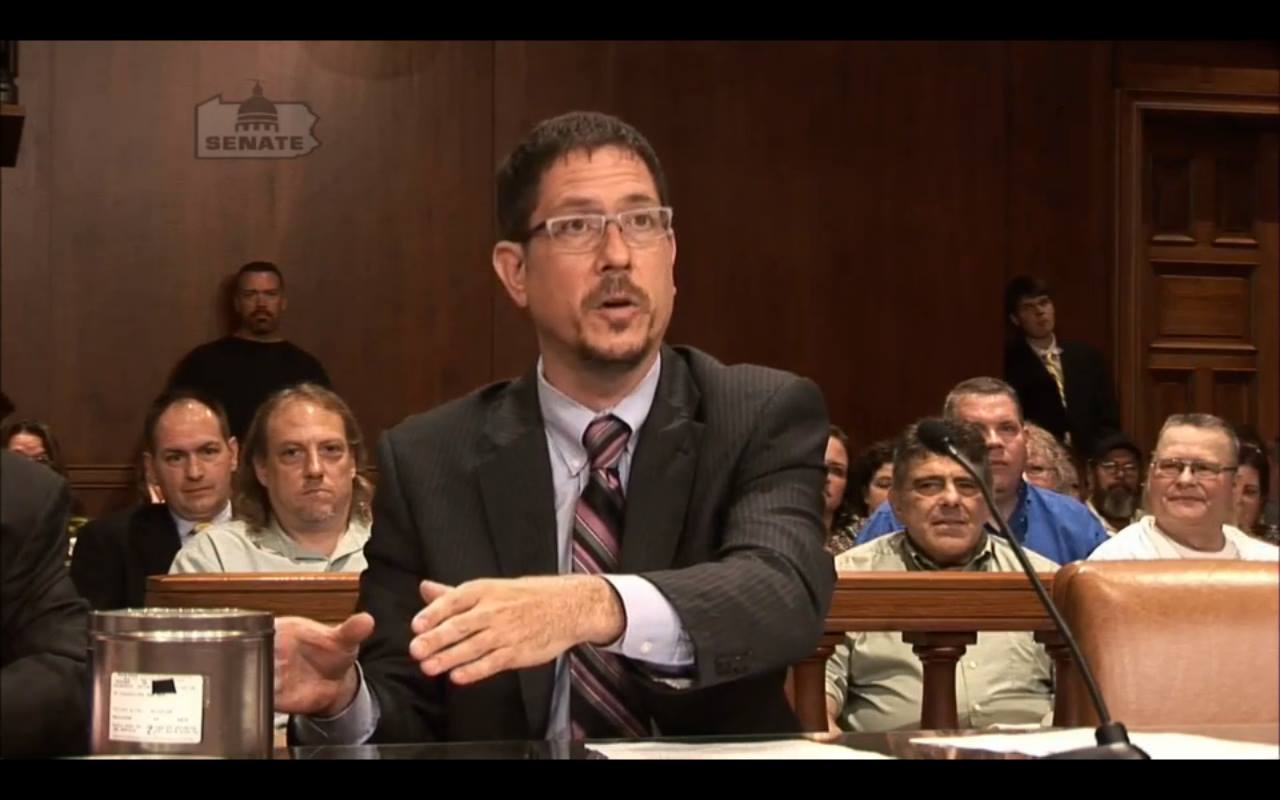Why Choose Federal Appeal Lawyers: Proven Techniques for Effective Appeals
Why Choose Federal Appeal Lawyers: Proven Techniques for Effective Appeals
Blog Article
Demystifying the Process of Federal Appeals: What You Need to Know
Navigating the intricate realm of government appeals can usually look like going across undiscovered waters for those not familiar with the procedure. Understanding the subtleties of appellate court territory, the ins and outs of submitting a notification of appeal, presenting a compelling quick, and making a persuasive dental argument are crucial parts that can considerably affect the end result of a situation. By deciphering the layers of intricacy bordering federal allures, people can acquire a clearer understanding into the mechanisms that govern this crucial stage of the lawful system.
Understanding Federal Appeals Refine
Delving into the complex world of the government appeals procedure introduces a methodical and structured trip with the judicial system - top federal appeal lawyers north carolina. Federal charms act as a critical device for assessing choices made by lower courts. Understanding this procedure is crucial for any individual associated with legal procedures at the federal degree
The process usually starts with an event disappointed with a reduced court's ruling submitting a notice of allure. This causes an evaluation by a higher court, where a panel of courts evaluates the lawful disagreements offered by both parties. Briefs describing the lawful reasoning behind each event's position are submitted, and dental disagreements may be heard to clarify complex problems.
The appellate court's choice is based on a complete examination of the lower court's procedures and the debates presented. As soon as the appellate court gets to a choice, it can attest, turn around, remand, or customize the reduced court's ruling, offering clearness and finality to the lawful conflict.
Appellate Court Jurisdiction Clarified

Appellate courts have jurisdiction over details types of situations, typically those including legal errors, procedural concerns, or questions of regulation as opposed to factual conflicts. The jurisdiction of appellate courts is typically detailed in statutes and legislations that control the court system. Understanding appellate court jurisdiction is crucial for events involved in the allures procedure as it establishes whether a case is eligible for review and the extent to which the appellate court can interfere in the reduced court's decision.
Filing a Notification of Allure
The first action in commencing the government charms process includes filing a Notice of Charm with the proper appellate court. top nebraska federal appeals lawyers. This important document officially notifies the court and the various other parties associated with the case that the appealing celebration means to look for a testimonial of the lower court's choice. Filing a Notification of Charm is a strict step-by-step demand that sets the appellate procedure moving
When preparing the Notification of Appeal, it is crucial to guarantee conformity with the particular regulations and guidelines of the pertinent appellate court. The document needs to generally consist of information such as the situation name, the reduced court's name, the date of the judgment being appealed, and a succinct declaration indicating the premises for the allure.
Timeliness is important when submitting a Notification of Appeal. Missing out on the target date for submitting this paper can cause the appeal being rejected, underscoring the importance of exact and prompt initiation of the charms procedure. It is recommended to seek legal guidance to navigate the complexities of submitting a Notification of Allure effectively.
Rundown and Dental Debate
In the appellate procedure, presenting written briefs and engaging in oral disagreements play crucial duties in promoting for the appealing celebration's placement before the appellate court. Briefs are extensive legal papers that outline the celebrations' disagreements, lawful authorities, and evaluation sustaining their placements. These created entries give the court with a detailed understanding of the facts of the case, the relevant law, and why the appealing party believes the reduced court's choice need to be rescinded.
Adhering to the entry and testimonial of the briefs, oral arguments provide the parties a chance to more clarify their positions, address any inquiries the appellate courts might have, and emphasize essential points from their created briefs. Dental debates are a possibility for the attorneys to persuade the judges via spoken campaigning for and reactions to inquiries from the bench.

Getting the Appellate Court Choice

Verdict
Recognizing the appellate court jurisdiction, filing a notification of appeal, preparing briefs, and providing dental debates are all essential elements of this process. Inevitably, obtaining the appellate court choice can offer quality and resolution to lawful disputes.
As we advance from comprehending the federal allures process to dissecting the complexities of appellate court jurisdiction, a fundamental aspect comes to light pertaining to the authority and restrictions of these greater courts in the lawful landscape. Appellate court territory refers to the range of instances that a particular appellate court has the power to make a decision and evaluate redirected here upon. Unlike test courts that hear instances for the initial time, appellate courts are limited to evaluating choices made by lower courts. Recognizing appellate court territory is important for parties entailed in the appeals process as it figures out whether a case is eligible for testimonial and the level to which the appellate court can interfere in the reduced court's choice.
Whether the appellate court attests, turns around, or remands the lower court's decision, understanding the implications of the judgment is critical for all parties entailed in the appellate procedure.
Report this page